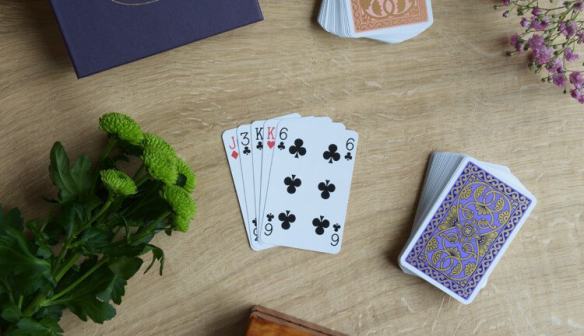Card games have transcended geographical boundaries, becoming an integral part of various cultures around the world. Each region has its unique card games, reflecting the values, traditions, and social dynamics of the communities that play them. Exploring these cultural variations provides a window into the diversity of human experience and the universal appeal of card games.
Traditional Card Games in Asia:
Asia boasts a rich tapestry of card games, each with its own set of rules and cultural significance. In Japan, “Hanafuda” cards are used to play a variety of games and are adorned with vibrant floral motifs. In China, “Mahjong” is a popular game that combines elements of skill, strategy, and chance, often played with beautifully crafted tiles. India’s traditional card games, like “Teen Patti” and “Rummy,” have deep roots in local traditions and are often played during festivals and family gatherings.
European Classics and Regional Variations:
Europe has given rise to some of the most well-known card games, including “Bridge,” “Hearts,” and “Euchre.” These games have gained international popularity and are often played in casual and competitive settings. Additionally, Europe boasts a wide array of regional card games, each unique to specific countries or even cities. For example, “Schnapsen” is a beloved two-player card game in Austria, while “Scopa” is a traditional Italian card game that has been passed down through generations.
Card Games in the Americas:
In the Americas, card games have become ingrained in the social fabric of various cultures. In the United States, “Poker” has achieved iconic status, featuring prominently in movies and television shows. In Latin America, games like “Chinchón” and “Tute” are enjoyed by families and friends during gatherings. Additionally, indigenous communities across North and South America have their own unique card games, preserving ancient traditions and fostering community bonds.
African and Middle Eastern Card Games:
Africa and the Middle East also have a rich tradition of card games. In Egypt, “Baloot” is a popular trick-taking game that requires skillful gameplay and teamwork. In Ethiopia, “Gagut” is a fast-paced game played with a standard deck of cards and is often accompanied by lively social interactions. These games reflect the vibrant cultural heritage of the regions and provide a sense of community and entertainment.
In conclusion, card games serve as a universal language, bridging gaps between cultures and bringing people together. Whether played in bustling cities or remote villages, these games carry the essence of their respective cultures, making them a cherished pastime enjoyed by millions worldwide.

